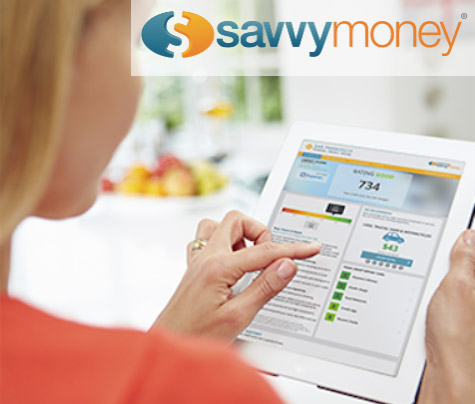

Jaw-Dropping Stats About the State of Retirement in Americaīig Personal Goals That You Should Put Your Money TowardĢ0 Home Renovations That Will Hurt Your Home’s ValueĢ7 Things You Should Never Do With Your Money

Jaime Catmull contributed to the reporting for this article. Once you get focused and intentional with your money, you’ll see progress!
Savvy money pro free#
Imagine what life would be like to be debt-free and have cash in the bank for the unexpected! Then you’re free to invest 15% of your income into retirement. Then it’s time to build a fully-funded three- to six-month emergency fund. Repeat this process until you’re debt-free. Attack the smallest debt, and then once that one is paid, attack the next one. Once you have that established, list your debts smallest to largest, regardless of interest rate. Start by building a $1,000 starter emergency fund and pause investing and saving beyond that. If you have debt, it’s time to get rid of it. You’re doing too many things with your money. You’re trying to save for a home, invest into your 401(k) and work your way out of debt. We are all multi-taskers these days, and the same is often true with money. If you have debt, work the debt snowball. Money’s Most Influential: Where Do Americans Get Their Financial Advice?ģ. This leads to you living a life they might enjoy instead of a life that you love! If this is a struggle for you, consider taking a break from social media for a while or setting time limits. Stop shopping swipe-up links and trying to keep up with people you follow on Instagram. Comparison is a dead-end road that leads to debt. Practice delayed gratification!ĭiscover: How Millennial Women Can Take Control of Their DebtĢ. Start budgeting your money and saving up for purchases that you would normally swipe a credit card to purchase. It’s a simple concept, but it’s not the norm these days. Start living below your means and cut down on expenses. If you’re spending more than you make, you’ll continue to repeat the cycle of debt. Being “normal” is not setting you up for financial freedom. Not to mention that 40% of people can’t cover a $400 emergency with cash. Our culture has normalized debt, but 78% of Americans live paycheck to paycheck. Period! Debt will keep you paying for your past when you should be focused on your present and future.
Savvy money pro pro#
Read More: Finance Pro Rachel Cruze Shares the Biggest Money Mistake You’re Probably Making What is the best piece of advice you received along your financial journey?ĭon’t do debt. Money is the tool to help you achieve them, and it’s hard to win with money when you’re spending it based on someone else’s values. Out of sight, out of mind - you need to put some blinders on and focus on your own goals in life. One of the best ways to overcome this is to unfollow accounts on social media that tempt you to shop. More from Financially Savvy Female: 3 Alarming Ways Women Are Lagging Behind Men When It Comes to Their Finances Comparison will steal your joy and your paycheck. But we’re comparing our real lives to someone else’s highlight reel. It’s so hard to avoid these days because you don’t have to live next door to the Joneses to see their new car - we carry them around in our back pockets. What is the biggest obstacle you face when it comes to financial success?Ĭomparison is probably the biggest struggle for me. In today’s column, we chat with Rachel Cruze - personal finance expert, author of “Know Yourself, Know Your Money” and host of “The Rachel Cruze Show” - about her own financial obstacles, the best financial advice she received and the money moves every woman must make. Keep Up With the Latest: Sign Up for The Financially Savvy Female Newsletter We believe financial equality begins with financial literacy, so we’re providing tools and tips for women, by women to take control of their money and help them live a richer life. Our “Financially Savvy Female” column will explore the reasons behind these inequities and provide solutions to change them. Women are less likely to be investing and are more likely to have debt, and women are still being paid less than men overall. According to the latest stats, women hold $72 billion in private wealth - but fewer women than men consider themselves to be in “good” or “excellent” financial shape. GOBankingRates wants to empower women to take control of their finances.


 0 kommentar(er)
0 kommentar(er)
